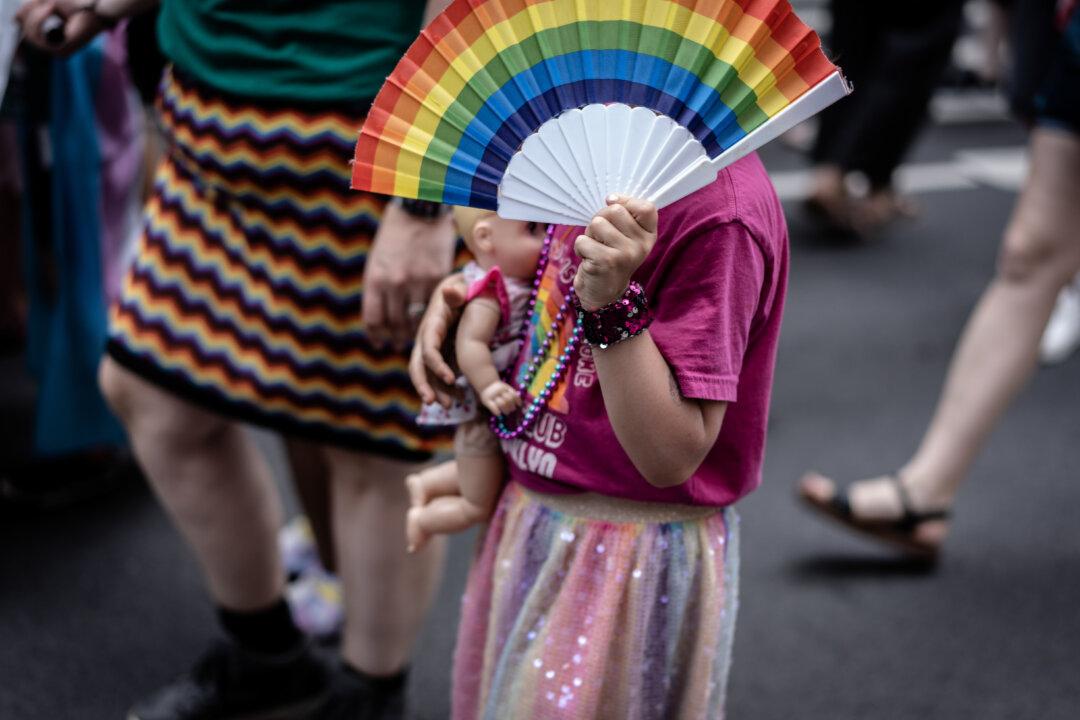The Supreme Court of Montana on Dec. 11 upheld a lower court’s decision to temporarily block a state ban on so-called “gender-affirming care” for minors, allowing children to continue accessing such medical procedures.
The ruling stems from a lawsuit filed in response to a state bill, SB 99, which was signed into law by Montana Republican Gov. Greg Gianforte in April last year that restricted transgender procedures for minors in the state.





